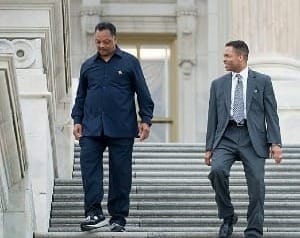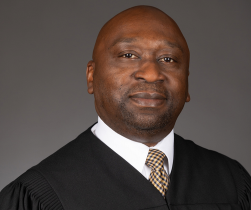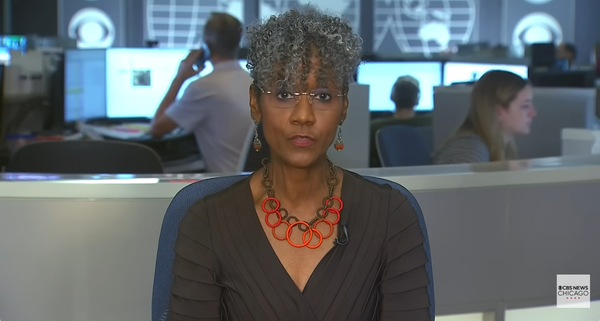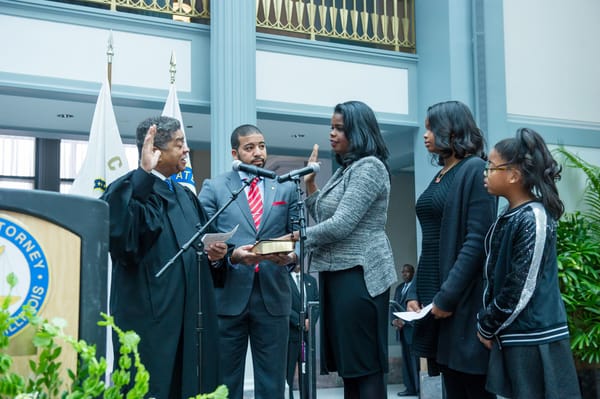Illinois Supreme Court reverses Jussie Smollett conviction
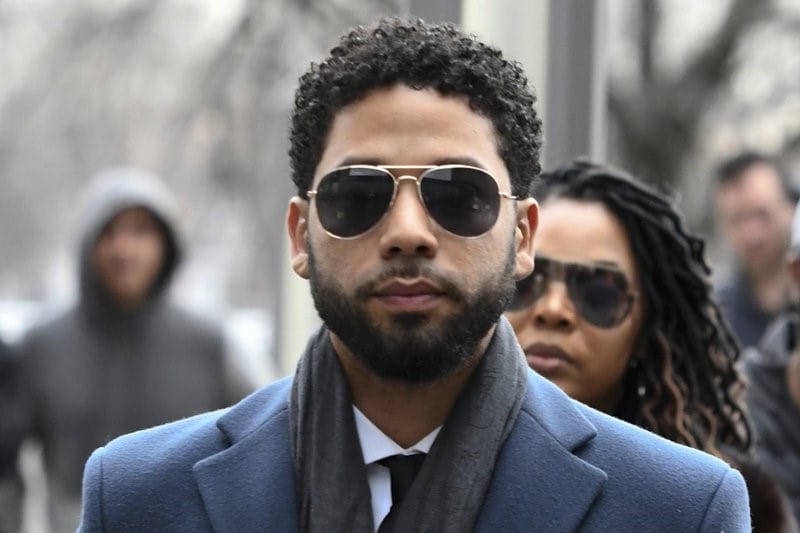
The Illinois Supreme Court on Thursday reversed the conviction of Jussie Smollett agreeing that the Cook County State's Attorney's office unlawfully reneged on a deal to drop charges filed against the former Empire actor in 2019, instead re-prosecuting him on felony disorderly conduct charges.
"We hold that a second prosecution under these circumstances is a due process violation, and we therefore reverse defendant’s conviction." the court wrote in a November 21 opinion.
In 2019 Smollett entered an agreement with CCSAO to perform 15 hours of community service and forfeit a $10,000 bond in exchange for dismissal of a 16-count indictment charging him with felony misconduct after he reported being the victim of a hate crime while walking back to his Chicago apartment in January 2019.
"We are aware that this case has generated significant public interest and that many people were dissatisfied with the resolution of the original case and believed it to be unjust," the court wrote. "Nevertheless, what would be more unjust than the resolution of any one criminal case would be a holding from this court that the State was not bound to honor agreements upon which people have detrimentally relied."
In dismissing the case on March 26, 2019 CCSAO advised:
“After reviewing the facts and circumstances of the case, including Mr. Smollett’s volunteer service in the community and agreement to forfeit his bond to the City of Chicago, the State’s motion in regards to the indictment is to [nolpros]. We believe this outcome is a just disposition and appropriate resolution to this case.”
But ten days later a retired appellate court judge challenged this agreement with a pro se motion to reinstate charges.
In an order finding that "there was no duly elected state’s attorney of Cook County when defendant was arrested, charged, indicted, or arraigned and that there was no state’s attorney in the courtroom when the nolle prosequi was entered," a circuit court judge appointed a special prosecutor who convened a special grand jury that re-indicted Smollett on six counts of felony disorderly conduct.
A trial circuit court judge convicted Smollett, sentencing him to 30 months of probation with the first 150 days to be served in the Cook County Jail. Smollett spent six days in Cook County jail. He was released pending appeal.
An appellate court upheld the conviction, with the majority on that court arguing that well-established Illinois law provides that a nolle prosequi is not a final disposition and will not bar a second prosecution for the same offense.
In its arguments to uphold the conviction, CCSAO contended that Smollett's bond forfeiture was voluntary.
But using its own special investigation, the Supreme Court rejected CCSAO's argument, reversed the appellate court decision and remanded the case back to the circuit court for dismissal.
"The portion of the record that the State cites in support of this proposition is a sentence from defendant’s motion to dismiss the indictment on double jeopardy grounds, which begins: “[u]nder the circumstances where the bond was voluntarily forfeited as a condition of the dismissal of charges,” the court wrote.
"This is fully consistent with defendant’s position that the charges were dismissed as part of an agreement. Moreover, as defendant points out, the only other interpretation of the prosecutor’s words is that defendant charitably agreed to give up his $10,000 bail bond at the exact moment that the prosecutor coincidentally dismissed the case. This is obviously not what happened."
The high court also noted that the special prosecutor's own investigation report revealed an agreement between Smollett and CCSAO.
"The report quotes a press release that the CCSAO issued when it dismissed the charges. In this press release, the CCSAO states that it dropped the charges in return for defendant’s agreement to do community service and forfeit his bond to the City of Chicago," the court wrote.
